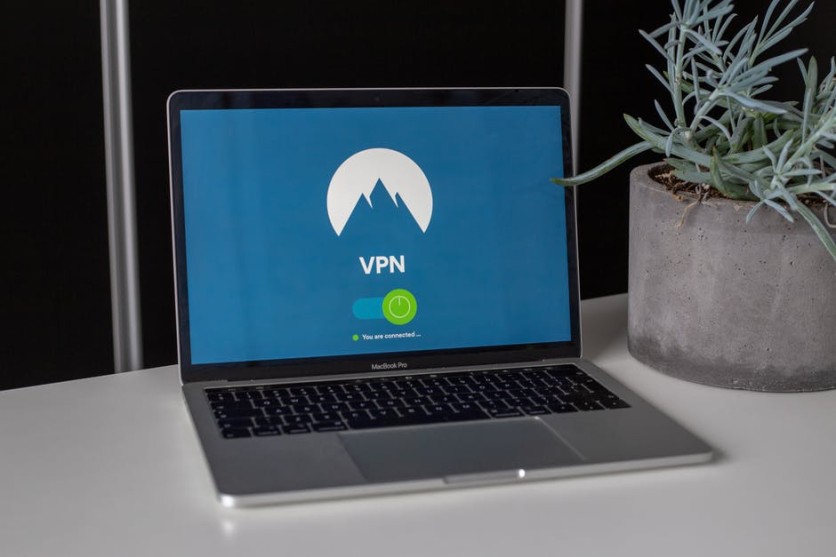A VPN can do a lot of great things for your internet experience. It can unblock content you used to not have acces to, hide your activity online, and most of all, ensure your privacy. But it is not foolproof, more so with the emergence of even more advanced hacking tech - specifically ones powered by quantum computers.

But PureVPN has a solution to that: quantum-resistant encryption keys. According to TechRadar, these encryption key are perhaps the most secure ones that any VPN provider will ever implement. This decision is also a way of future-proofing their services, considering how quantum hacking is becoming even more and more mainstream these days.
Uzair Gadit, the co-founder and CEO of PureVPN, had this to say about their massive cybersecurity upgrade:
"To put it into perspective, mathematical problems that would currently take a traditional supercomputer until the end of time will be solved by a quantum computer in a matter of hours. That's how powerful the technology will be. Quantum computers will outperform even the most powerful supercomputer that exists in this day and age, meaning all current encryption protocols will be broken in time."
No Escaping Quantum Hacking
To put it in layman's terms, the cybersecurity measures being implemented by your current VPN will soon become obsolete. That's because quantum computers are simply leagues above even the most powerful supercomputers of our age. What's even scarier is that hackers will have access to this kind of hardware whether you like it or not - putting your critical online information at risk of being stolen.
Quantum hacking is in the foreseeable future and there's no escaping it, and many cybersecurity experts are convinced. In a study cited by PureVPN from Dimensional Research (via CNET), 89% of a total of 600 experts believe that current encryption protocols will be rendered useless by quantum computers by 2026.
A Fight You Didn't Know Existed
Data privacy in an extremely digitalized age is a critical concept to understand. As the new-age saying goes, "data is the new oil" - meaning that the power that crude oil used to hold over the entire world in decades past is now held by people's information.
Unbeknownst to the normal folks, there is a cybersecurity battle being fought right now to save the internet from quantum hacking. Adding quantum-resistant encryption to something like a VPN is just a tiny cog in the machine battling the arrival of Q-Day: a day which Nature says will be the day when quantum computing will break the internet.

Every single thing you do on the web relies heavily on the use of cryptographic algorithms. Their purpose is to maintain your privacy, secure your payments, and verify your identity online. But the sheer math involved in these algorithms are at the mercy of ultra-powerful quantum hardware which, considering current manufacturing technology, can potentially be mass-produced.
The addition of quantum-resistant security measures to a VPN is not the be-all end-all. But it's a start nonetheless.
Read also: Quantum Computing For Dummies: What Is It Exactly, And Why is It Making A Lot of Headlines?
This article is owned by Tech Times
Written by RJ Pierce
ⓒ 2026 TECHTIMES.com All rights reserved. Do not reproduce without permission.




